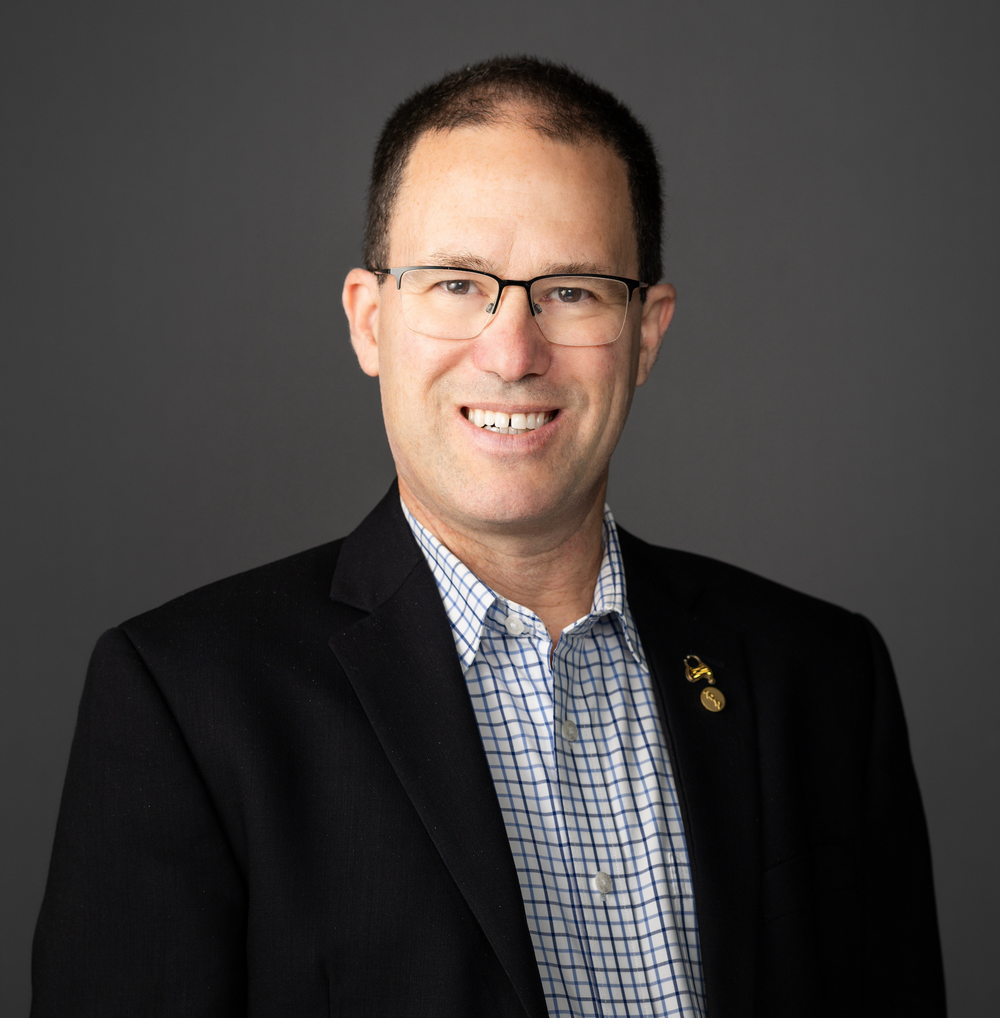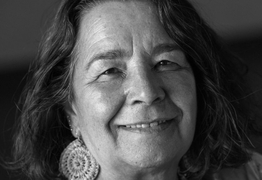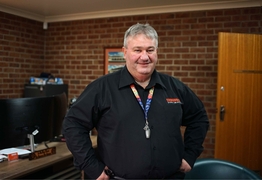Discussing Palliative Care makes a world of difference
Angie White
16 June 2025, 2:48 AM

End of life care is a very difficult subject to navigate but vitally important for patients, their families and health care providers as they encounter this part of the journey of life.
Recently in May, Palliative Care Week shone a light on discussing with your loved ones your palliative care wishes particularly those with a life-limiting illness.
Palliative health care professionals aim to improve life for both the patient and their families, not only via medical care but supporting those in a caring role and in the grieving process.
A key facet of this care is to inform patients of services available to them and providing them with access to the available services.
“Palliative care is aimed at helping manage the journey of a life-limiting illness to maximise quality of life until death,” President of the Rural Doctors Association of Australia Dr Lewandowski said.
President of the Rural Doctors Association of Australia Dr Lewandowski - Image courtesy RDA.
“No matter which side of the diagnosis you are on, as a patient, family member or health professional, discussing plans around death and dying is usually uncomfortable.
“But making sure a patient’s wishes are known really helps everyone feel confident about the decisions made and ensuring that the decisions of the patient will be respected.
“Palliative Care is multidisciplinary team care and is shared between GP’s, nurses, specialist, pharmacists, palliative care volunteers, and others,” said Dr Lewandowski.
“It is centred around helping manage illness, particularly pain and symptoms, so life can continue to be lived as well as possible while dealing with illness.”
A western area family who has just lost a loved one says the care and assistance of the palliative care team was above and beyond for their family.
“The process of mum becoming ill to becoming a palliative patient and then passing away was one of the hardest parts of our life we have had to go through.
“Having the difficult conversation to even acknowledge that this was mum’s final days was hard enough, the palliative care team helped us navigate it all while being so respectful to our mum and us, and we cannot thank them enough.
“I encourage everyone going through this process to lean on your team. They are the experts, and they can assist in so many ways. They helped us make mums final days so much better and still check in with us after mum has passed to see how they can help.
“The nurses and hospital staff in small rural hospitals are second to none for their genuine love and care for their patients,” she said.
Dr Lewandowski says patients need to think about what is important to them and what their goals are, and to write these down so that everybody knows.
“Think about what you would want if you were very sick or at the end of your life and the friends, family and health care team that you would like to help you. Talk to these people about what you feel is right for you.
“And remember – you can always change your mind. When things change for you, you may realise that what you felt earlier is not what you feel now. That is OK, you are always able to alter your wishes,” Dr Lewandowski said.

Official Palliative Care Week messaging focused on having a plan.
“For rural or remote patients your rural GP or Rural Generalist will most likely be the key person providing and managing your care, at home, at the hospital or in other care facilities, so talk to them, make sure your family knows them, and engage them in discussing your palliative care wishes.
“If you are a patient, a loved one, or a health provider that is struggling to know how to start discussions about palliative care, and let’s face it – it’s a tricky topic – Palliative Care Australia has developed resources to help have these early conversations."




